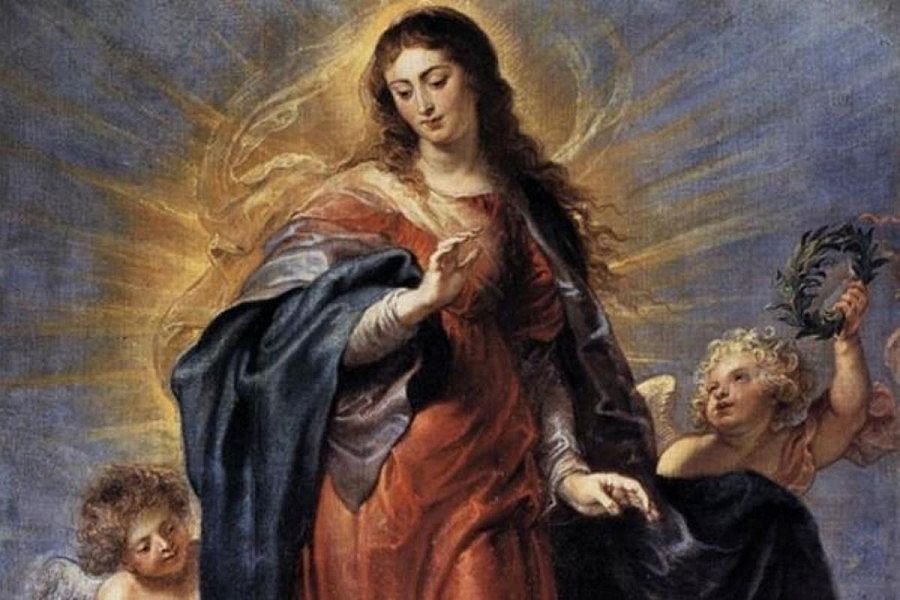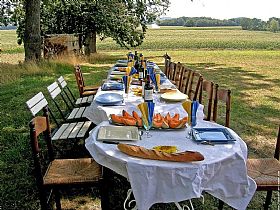The Legend of La Befana

Ever wonder about the witch-like woman with a broomstick that you see in Christmas markets around Italy? The figure of La Befana has been an Italian Christmas tradition, long before Babbo Natale (Santa Claus) made his way into the bel paese culture. Most sources say that the myth of La Befana goes back to the 13th century.
The name La Befana derives from the word "epifania". Epiphany is the religious observation following Christmas of the arrival of the Three Magi to present their precious gifts to the Baby Jesus. The legend is that the Magi stopped along their long journey, knocking on the door of an old woman to ask directions to Bethlehem and to rest. She received them and offer them refreshment and, like any good Italian casalinga (housewife) inquired of their journey. They explained that they were following a star because a new king was born, a baby that would be the savior, and so they were making this arduous journey to pay homage and offer gifts to the new-born king. They asked her if she would like to accompany them, but she refused, saying she had too much house work to do.
The Magi departed, but while she was sweeping her floor, La Befana reconsidered and decided she wanted to go along and see this baby king. She gathered together some sweets as a gift and ran out after them, but by then the Magi were long gone. She went along the journey, following the star they indicated and leaving sweets at every child's door hoping to find the baby Jesus. She continues her search, broom in hand, handkerchief on her head, filling socks with sweets and toys. (A more modern infusion into the tradition is that she leaves coal for mischievous children, adopted from the Santa Claus theme.)
Another recent distortion is to give her a witch's cap, but she was a casalinga (housewife) not a strega (witch). Many renditions of her are of an ugly old woman with a kerchief, hooked knotty nose with a wart, and patchworked dress. She should be remembered as a poor old woman whose broom is her curse, the reason she missed out on the chance to kneel before the baby Jesus.
A children's song chanted in her honor while awaiting Befana:
La Befana vien di notte
con le scarpe tutte rotte
col cappello alla romana
viva viva La Befana.
(The Befana comes at night, with worn-out shoes, with a Roman-style cap, long live La Befana!)

 Amalfi Coast
Amalfi Coast Sorrento Coast
Sorrento Coast Tuscany
Tuscany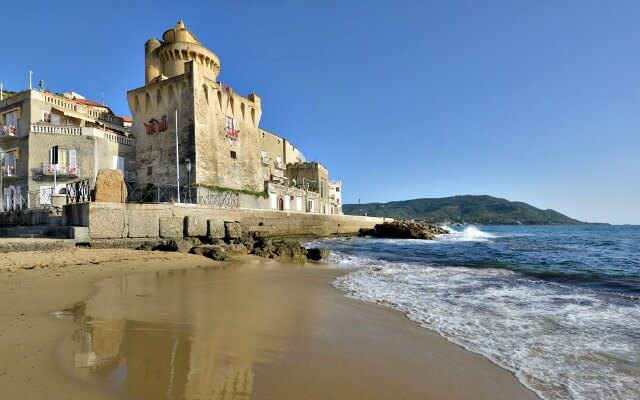 Cilento National Park
Cilento National Park Lake Como
Lake Como Rome and Latium
Rome and Latium Umbria
Umbria Capri and Ischia
Capri and Ischia Venice
Venice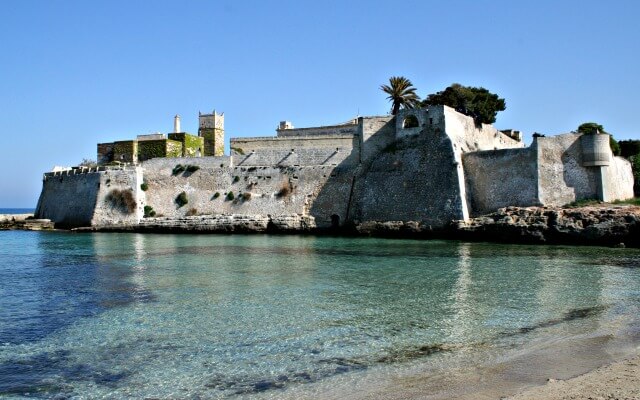 Puglia (Apulia)
Puglia (Apulia) Liguria
Liguria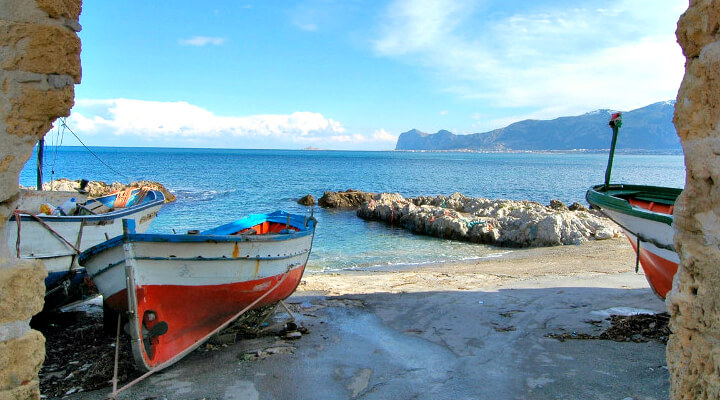 Sicily
Sicily Lake Maggiore
Lake Maggiore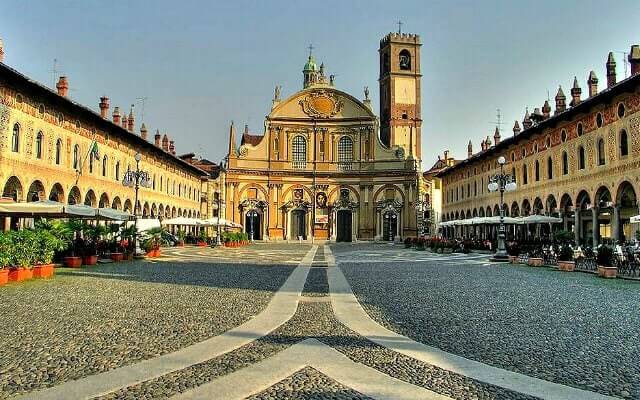 Lombardy
Lombardy Sardinia
Sardinia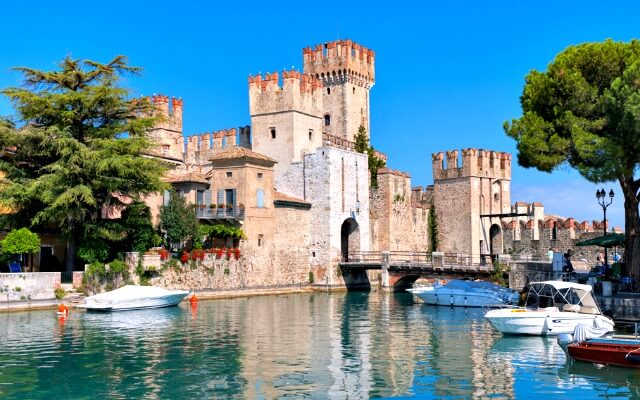 Lake Garda
Lake Garda Abruzzo and Marche
Abruzzo and Marche Calabria
Calabria


